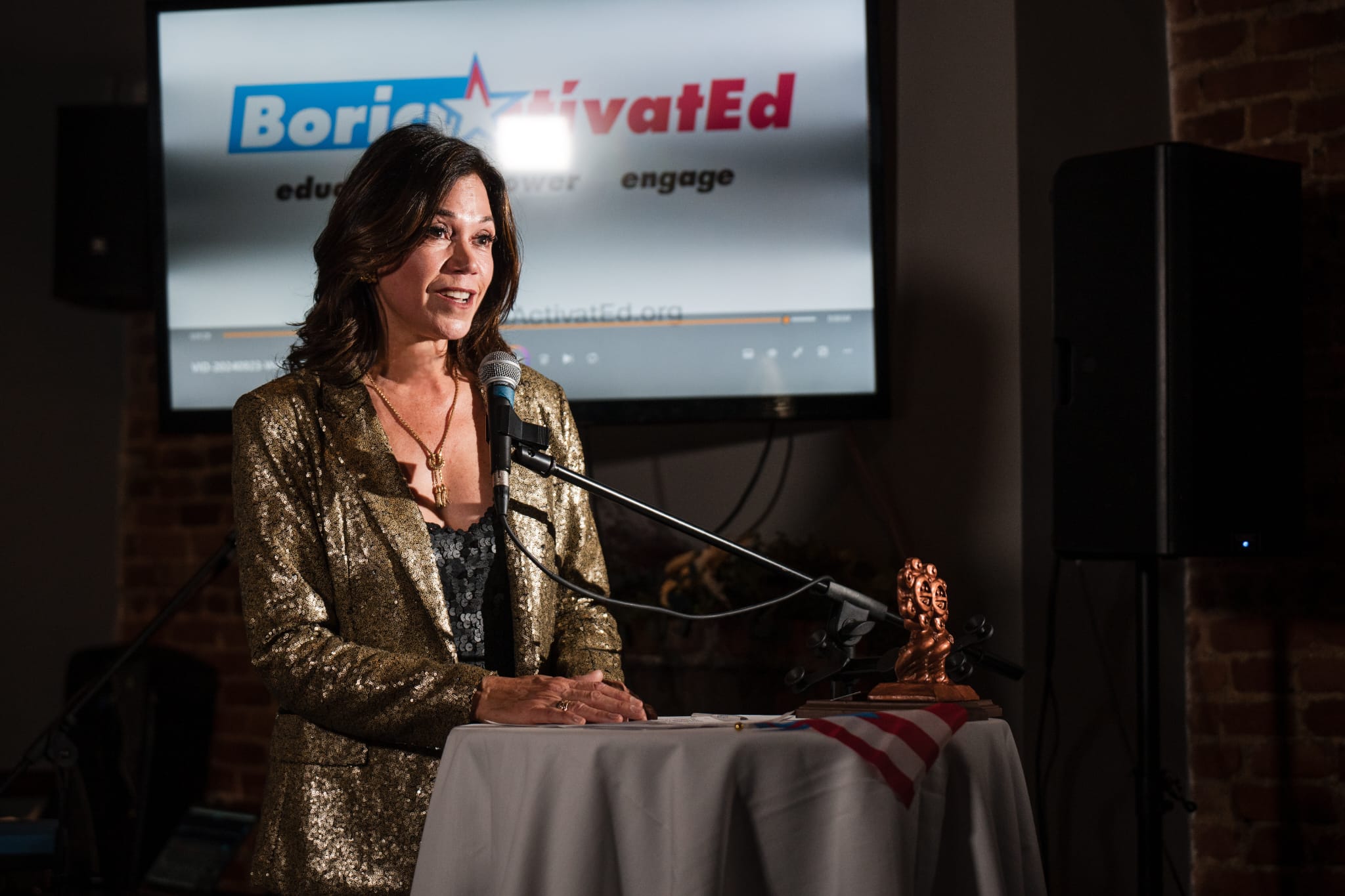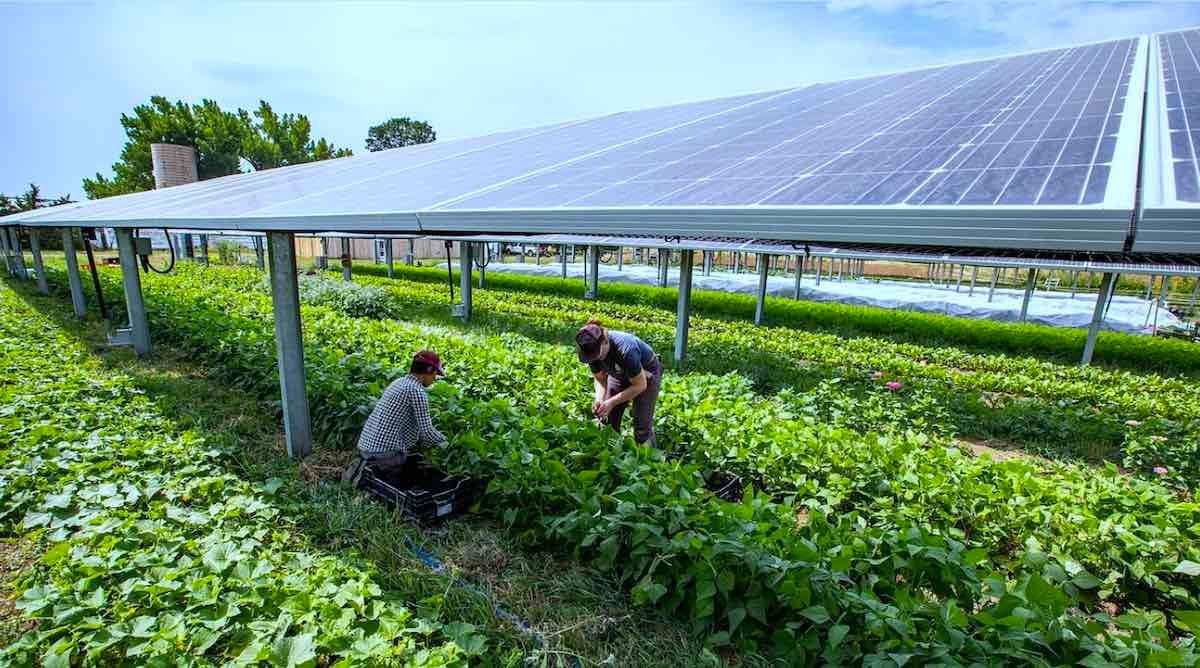Puerto Rico coronavirus statistics for March 22
According to the Puerto Rico Health Department, 197,041 people are believed to have been infected with COVID-19, an increase of 4,677 since March 15. This points to a slight increase in the rate of new cases, as the increase between March 8 and March 15 was 4,492. The death toll is currently 2,096, with 16 of those registered in the last week. Comparatively, 15 people died from the virus between March 8 and March 15.
Since November, the Health Department changed the way it recorded cases, splitting them between confirmed cases (as determined by molecular diagnostic testing), probable cases (as determined by antigen testing) and suspicious cases (as determined by serological, non-diagnostic testing). Viewed through that prism, Puerto Rico has had 95,967 confirmed cases, 8,549 probable cases, and 92,525 suspicious cases since the virus arrived on the Island.
There are currently 137 people hospitalized due to COVID, a decrease of three since last week. Although in some ways Puerto Rico has weathered COVID better than the United States, in others, the impact has been disproportionally worse. A study on the pandemic’s mental health effects has found that Puerto Ricans have been suffering from mild to severe anxiety at a rate 11% higher than the United States since it began. In total, 39% of those studied reported symptoms.
Many Puerto Rico lawmakers hesitant to speak out against conversion therapy
Puerto Rico Senate Bill 184, which would seek to ban conversion therapy in the Island, was introduced in February by senators from the Popular Democratic Party (PDP), Puerto Rico Independence Party (PIP), and Citizen Victory Movement (MVC, in Spanish). Most lawmakers are so far hesitant to go on record in favor of the bill, stating that more research is necessary or expressing concerns regarding parents’ rights. El Nuevo Día reached out to all 27 senators for comment, of those, eight spoke out in favor of the ban, three spoke out against it, 14 stated that they had not made a decision yet or had concerns, and two could not be reached for comment.
The bill has been opposed by religious figures such as the leadership of the Fraternity of Pentecostal Councils (FRAPE, in Spanish), claiming that it “undermines a parent’s right to educate their children, and the rights of educational institutions and health care professionals.” Mental health professionals such as the Mental Health and Addiction Services Administration (ASSMCA, in Spanish), as well as clinical psychologists like Miguel Vásquez Rivera—co-founder of the True Self Foundation, an LGBT advocacy group— support the bill.
Puerto Ricans hit with a power bill increase
Blaming an increase in the cost of fuel, the executive director of the Puerto Rico Electric Power Authority (PREPA) announced last week that starting in April, the average household monthly power bill would increase by $17, pending the approval of the billing adjustment. In more precise terms, it would raise the price from 18.16 cents per kilowatt-hour to 20.30 cents per kilowatt-hour (the average costumer consumes 800 kilowatt-hours per month). It would remain in effect until the end of June. Governor Pedro Pierluisi indicated that whether or not the increase comes through is ultimately up to the Energy Trust, the regulatory entity that oversees PREPA.
Velázquez, Ocasio-Cortez reintroduce Puerto Rico status bill
Representatives Nydia Velázquez (D-NY) and Alexandria Ocasio-Cortez (D-NY) have introduced the Puerto Rico Self-Determination Act of 2021, which would create a path to allow Puerto Ricans to determine their future status. The bill, which has 70 co-sponsors, calls for a status convention made up of delegates elected by Puerto Ricans who would then craft a long-term status solution for Puerto Rico. Unlike the bill recently introduced by Rep. Darren Soto (D-FL) and Resident Commissioner Jenniffer González (R-PR), Puerto Rico Statehood Admissions Act, the Self-Determination Act does not see statehood as the only potential status endgame, but one of several.
A Senate version of the new bill, introduced by Senator Bob Menendez (D-NJ), has seven co-sponsors. Soto and González’s statehood bill has fewer sponsors—58 in the House and four in the Senate—but more supporters within the House Natural Resources committee, which has jurisdiction over bills pertaining to Puerto Rico. Governor Pedro Pierluisi, a statehooder, came out against the Self-Determination Act, tweeting that “It is not time for Congress to tell us how to solve our status. It’s time for Congress to respond yes or no to the people of Puerto Rico’s request for statehood.”
Share
STAY IN THE LOOP
Subscribe to our free newsletter.
La organización BoricuaActivatEd celebró su séptimo aniversario con reconocimientos al líder de la red evangélica Esperanza y de la comunidad boricua de Filadelfia, Luis Cortés, y el legendario artista Antonio Martorell. Cortés, premiado por su
tudy: Economy leading factor for Puerto Ricans moving to Florida A new survey unveiled Monday in Washington, D.C. sheds new light on factors contributing to Puerto Ricans moving to the state of Florida. The Puerto
New federal funds for solar, battery storage announced The Department of Energy (DOE) on Thursday announced a conditional commitment to finance new solar and battery storage facilities on the southern coast of Puerto Rico. The investment




